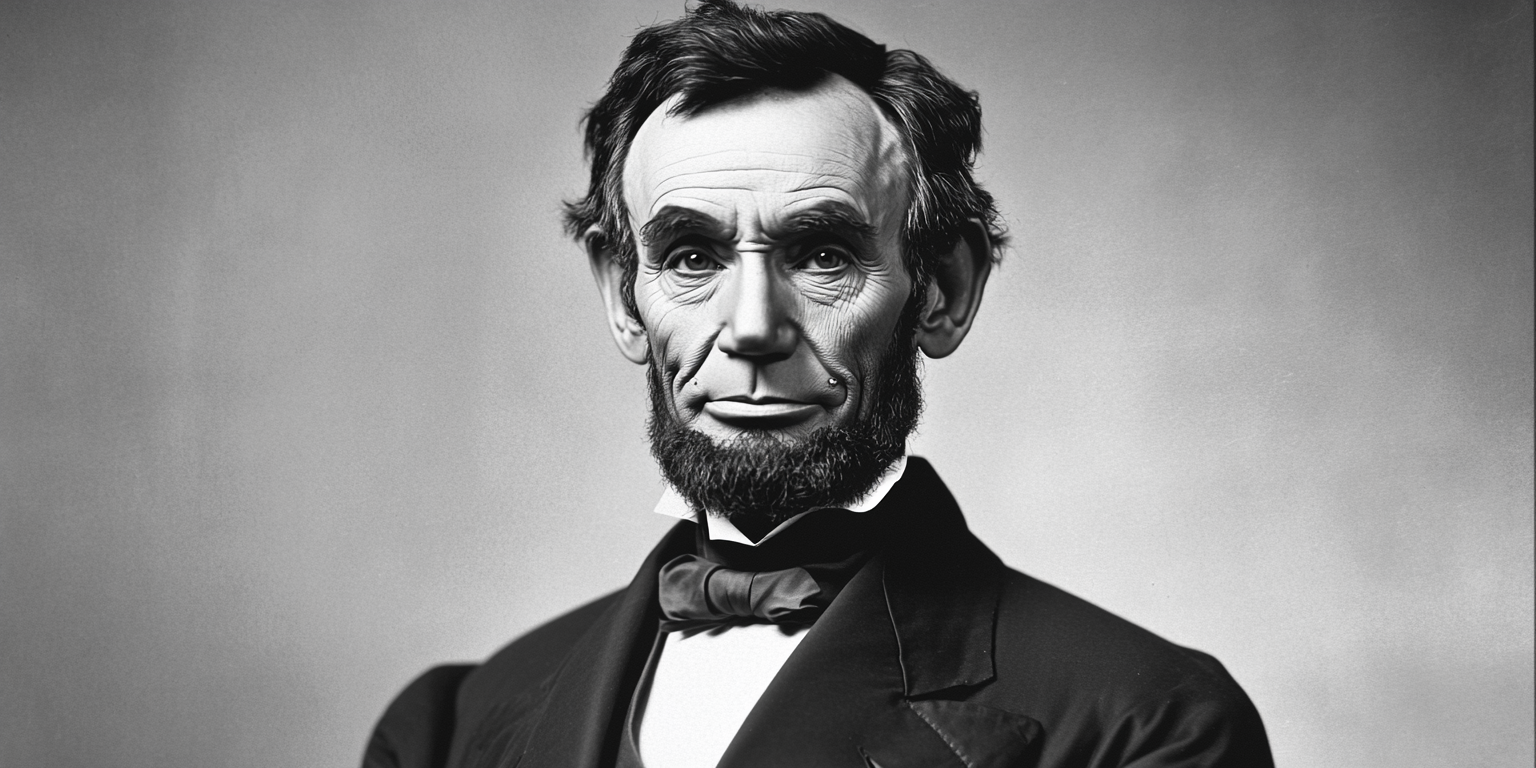The Founding of Thanksgiving
A Nation’s Tradition Takes Shape – From Colonies to Country
Thanksgiving, as many know it today, is a cornerstone of American culture. But the tradition wasn’t built in a single day, nor did it start with pumpkin pie and a perfectly roasted turkey. The formation of Thanksgiving, as a concept and later a national holiday, is a story that spans centuries, wars, and cultural shifts.
Throughout the 17th and 18th centuries, as English settlers began arriving in greater numbers to North America, events resembling Thanksgiving began to appear. These early celebrations weren’t exactly what we know now, they were more sporadic, tied to significant events such as military victories or particularly abundant harvests.
Some of these occasions involved fasting and religious prayer, while others included feasting and festivities. It was far from a standardised practice, but the seeds of the Thanksgiving tradition were being planted.
The Marketing Made Clear Podcast
This article features content from the Marketing Made Clear podcast. You can listen along to this episode on Spotify:
New England’s Role in Shaping Thanksgiving
In New England, Thanksgiving took on a more regional identity, heavily influenced by the Puritans. Their religious fervour and community-focused practices laid the groundwork for an annual day of giving thanks. Meanwhile, in the Southern colonies, the tradition was slower to take hold. There, the focus remained on agricultural cycles tied to crops like tobacco and rice. The feast-and-thanks concept wasn’t as appealing when your livelihood revolved around exporting commodities rather than celebrating local harvests of squash and maize.
This agricultural connection mirrors many cultures worldwide. It’s almost instinctive to celebrate abundance at the end of a harvest, a feast before facing the leaner times of winter.
Thanksgiving and the Revolutionary War
The American Revolutionary War marked a turning point in the story of Thanksgiving. During the conflict, the Continental Congress declared several days of Thanksgiving, inviting citizens to reflect on the trials and triumphs of the independence struggle.
Then, in 1789, George Washington declared the first national Thanksgiving Day, urging Americans to offer thanks for the successful creation of a new government. However, this was a one-off event, not yet the annual tradition we think of today.
The stage was set. Thanksgiving was evolving from a patchwork of colonial customs into something that could unify a growing nation.

Turkey Takes the Crown – How Thanksgiving Became an Official Holiday
Fast forward to the mid-19th century, and while Thanksgiving was growing in popularity in certain regions, it was still far from being a unified national holiday. This is where Sarah Josepha-Hale enters the picture.
The Woman Who Made Thanksgiving
Sarah Josepha Hale (1788–1879), a writer, activist, and editor of the influential Godey’s Lady’s Book, made it her mission to establish Thanksgiving as a national celebration. Many may remember her as the author of “Mary Had a Little Lamb,” but her contributions to American culture extend far beyond nursery rhymes.
Hale saw Thanksgiving as a way to promote unity in a country increasingly divided by regional differences. Through tireless campaigning, writing letters to politicians and presidents, and publishing articles—she made the case for an official day of thanks.
Her persistence paid off.

Lincoln’s Declaration
In 1863, amid the turmoil of the American Civil War, President Abraham Lincoln declared Thanksgiving a national holiday. He set the date as the final Thursday in November, intending to foster a sense of national solidarity even as the war raged on.
Lincoln’s decision reframed Thanksgiving, linking it not only to gratitude and harvest but also to the hope of unity. It became more than a tradition; it was a statement of resilience for a fractured nation.

The Legacy of Thanksgiving
Though many associate Thanksgiving with early settlers and their interactions with Native Americans, the modern holiday is deeply tied to the struggles and unity of a young nation. It’s a fascinating blend of cultural harvest traditions, political motivations, and a shared love for food.
So, the next time you’re enjoying a turkey dinner or a slice of pumpkin pie, spare a thought for Sarah Josepha Hale, Abraham Lincoln, and the countless settlers who laid the groundwork for a holiday that continues to bring people together. After all, food isn’t just sustenance, it’s a universal way to connect.
Now, who’s up for seconds?


